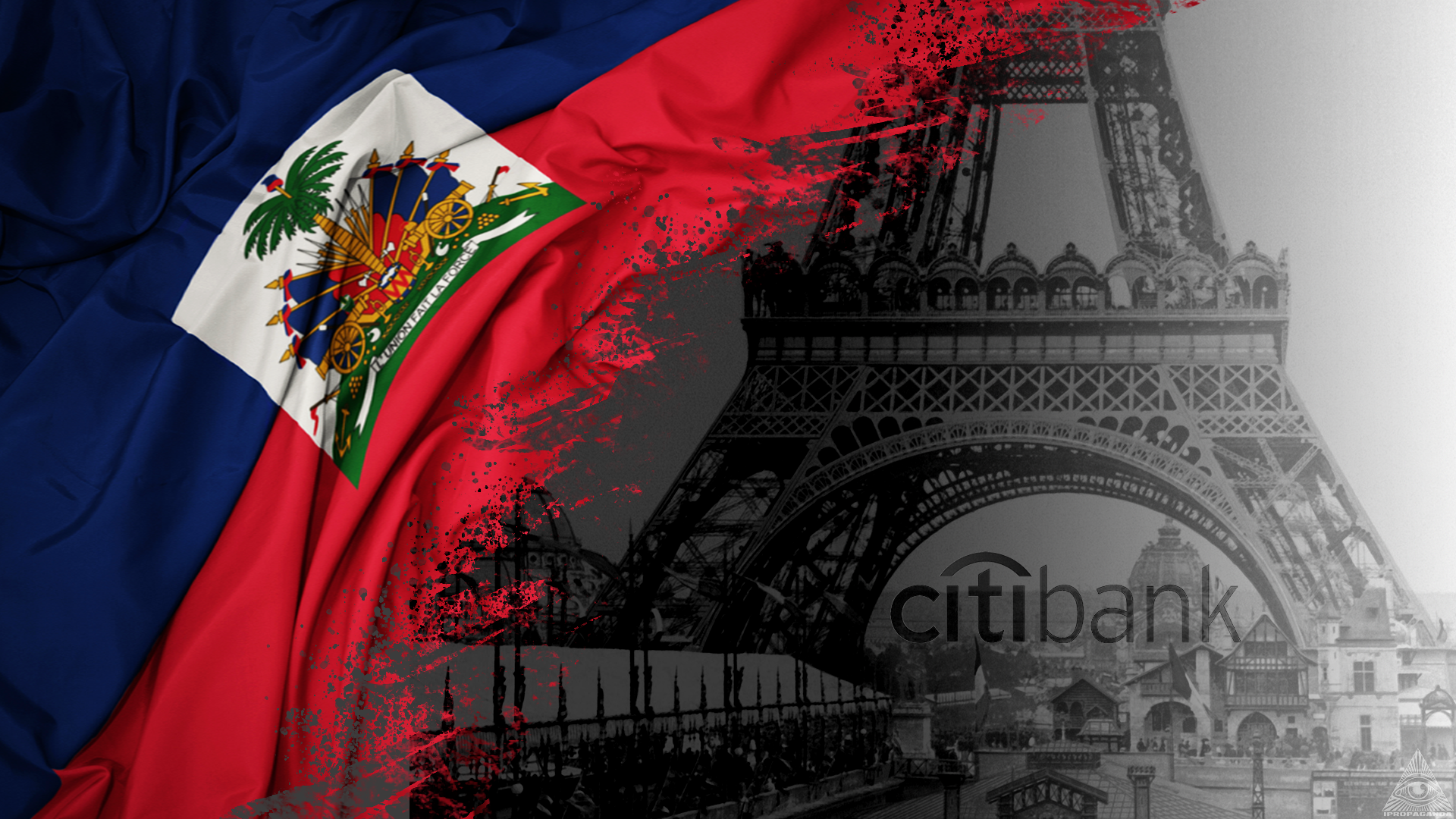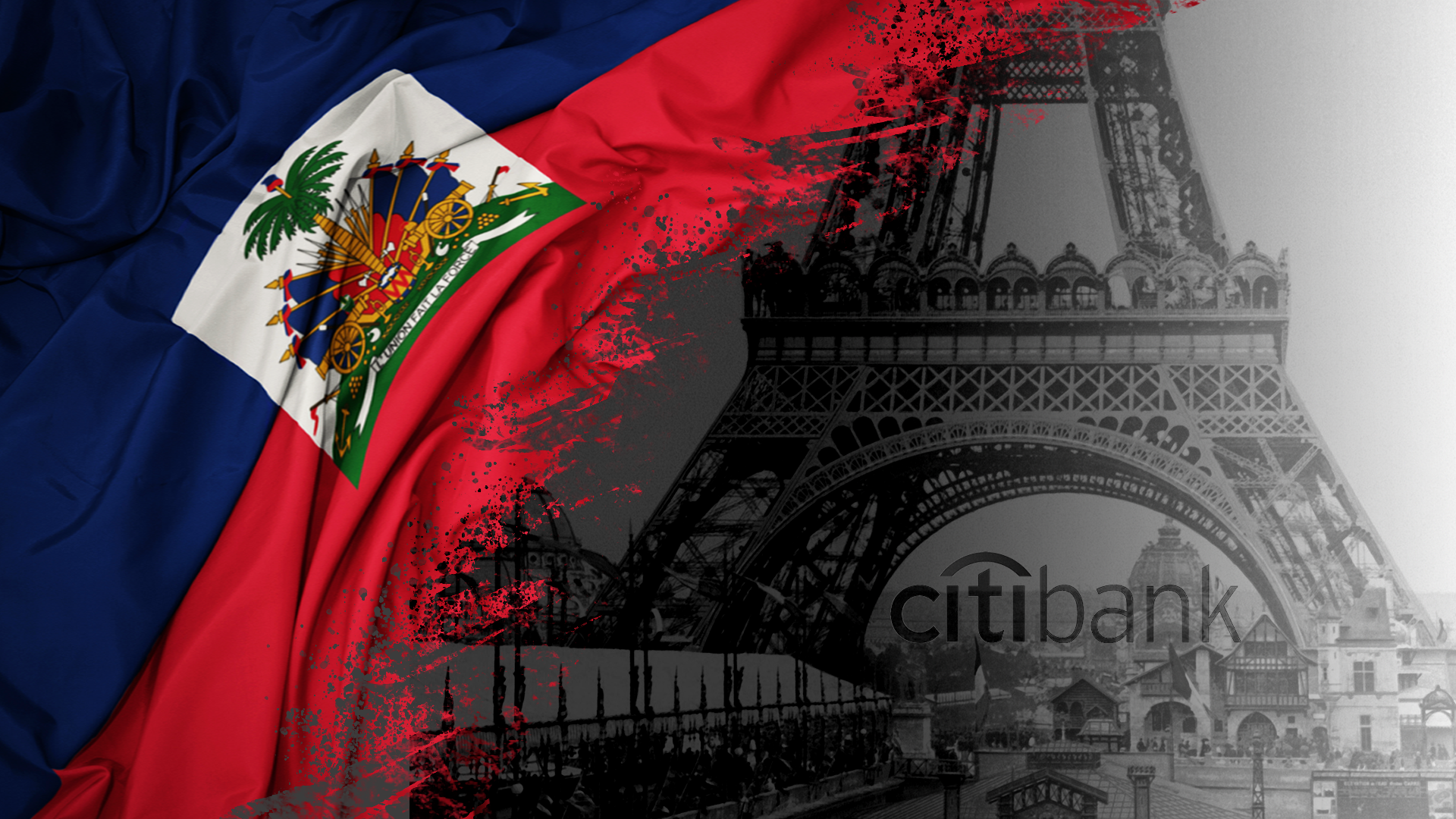
Addressing Haiti's Legacy of Colonial Torment
The history of colonialism in Haiti may be traced back to 1492 when the Spanish enslaved Haiti's local tribes, Taino and Ciboney. Due to European diseases and severe labor conditions, the island's Indigenous people almost disappeared by the 16th century. Thousands of Caribbean enslaved people suffered the same fate. After the Spanish gold mines were depleted, the French established permanent settlements. By the close of the 17th century, almost 5,000 enslaved people were transported to Haiti. Historical records suggest that Saint-Domingue had 556,000 inhabitants in 1789, including 500,000 enslaved Africans, 32,000 European colonists, and 24,000 affranchis (free mulattoes [people of mixed African and European descent] or Black people).
The Haitian society in the colonial era was split into different classes. Society was divided by race, class, and gender. Most Affranchis were mixed-race enslavers and wanted to be like Europeans. They feared and shunned the slave majority but were discriminated against by white European merchants, landowners, overseers, and artisans. Aspirations of the affranchis fueled the colony's independence movement. Many enslaved people were West African-born. Others were home servants, metal workers (at sugar mills), and slave drivers. Enslaved people perished from injuries, illnesses, and tropical diseases after long, backbreaking workdays. Starvation and malnutrition were widespread. Some escaped enslaved people joined Maroons and waged guerrilla fights against colonial troops in the mountainous interior.
In the early 1790s, a series of encounters sparked a revolution. Europeans and affranchis fought in separate regions for two months against thousands of enslaved people who revolted. Racism, the French Revolution, patriotic Vodou ceremonies, enslavers' harshness, and European conflicts contributed to the clashes. In an attempt to appease the slave insurrection, Europeans granted citizenship to all affranchis in April 1792. In May 1791, wealthy affranchis were granted citizenship, but Haiti's Europeans disregarded it.
Enslaved Haitians claimed independence from France in 1791. France demanded compensation from Haiti's former enslavers in 1804, making them pay cash for freedom for decades. Was it an unjust treatment of a people of black origin or a racially inspired persecution or capitalist tactics to siphon the precious resources of a nation is yet to be explored! The extent of expediency or prejudice can be gauged from the fact that Haiti's independence was not recognized until 1825 in exchange for a 100-million-franc compensation due in 1887. Haiti's riches attracted Wall Street also, and Citigroup made significant profits. It is one of the most astounding farces in the history of the nations that the first formerly enslaved people in modern times paid compensation for their freedom.
Haiti was christened "Haiti" on January 1, 1804, to honor its Indigenous Arawak people. Fearing slave revolts, European nations and their Caribbean surrogates ostracized Haiti. The United States reaction was varied; slave-owning states did everything they could to quell the uprising, while merchants in the free states sought to trade with Haiti rather than European powers so that they could help them because the entire population of Haiti was poor.
When French bankers made their first foreign government loan, Paris became an international financial center. Haiti's central bank was set up by a Parisian bank, Crédit Industriel et Commercial. The company was helping finance one of the world's best-known landmarks, the Eiffel Tower. Its exploits in Haiti left a crippling legacy of financial extraction and dashed hopes. Crédit Industriel siphoned tens of millions of dollars out of Haiti and into the pockets of French investors. French elites, including a descendant of one of the wealthiest slaveholders in Haiti's history, controlled Haiti's national bank from Paris. Their ledgers show no investments in Haitian businesses, much less the kinds of ambitious projects that modernized Europe.
The French government provided two more significant loans. Crédit Industriel et Commercial was a large 1875 loan recipient. Foreign debt reduced Haiti's annual revenue by 19% between 1825 and 1957. Despite taking one-fourth of Haiti's GDP invariably, it hampered Haiti's growth rate for many years.
The military was Haiti's biggest budget line item at times, even higher than debt payments. Some feel Haiti's excessive military spending indicates a corrupt leadership more concerned with self-enrichment and power than public well-being. For example, François Duvalier declared he would govern "forever." Duvalier extorted money in 1964 via his "National Renovation Movement." His government developed Duvalierville and forced inhabitants to contribute. Jean-Claude Duvalier's departure ended a century-long coffee tax.
Corruption is, therefore, deeply rooted in Haiti. Self-interest and personal agendas of leadership overshadow the national objectives. If some patriotic leader comes into power, he is overthrown by foreign powers who still wield influence in the Haitian polity. As it happened in 2003, Haitian President Aristide demanded France restore Haitian money. France labeled his words demagoguery and a "treaty" A month later, France deposed Aristide. However, leaders who are stooges of foreign powers have an open playfield to do whatever they want. Such examples are rampant in Haiti's history. Jean-Bertrand and Mildred Aristide boarded an American airplane and went to the U.S. They were whisked out of the nation without knowing where to go. French officials called African leaders to welcome Haiti's ex-president. Aristide didn't go because he wanted money to be restored from France. Removing him from office stopped his noisy campaign. Ultimately, French President Francois Hollande proclaimed France owed Haiti no money. To this, Aristide remarked that the Haitian revolution didn't liberate enslaved people until decades later.
Haiti was the first country whose descendants of enslaved people paid restitution to their masters. When Haiti took on two debts, it started a century-long downward cycle. Two centuries after French warships fired their guns from Port-au-port, Prince's echoes still sweep across Haiti. Haiti paid $560 million in today's dollars, but more is needed.
The New York Times found records showing that Crédit Industriel funneled millions from Haiti to French investors. French aristocrats, notably descendent of Haiti's wealthiest slaveholders, controlled the national bank from Paris. Their ledgers indicate no investments in much less prominent European ventures in Haitian enterprises. Haiti could not pay its debt for a century.
During the 19th century, political and economic instability prevailed in Haiti, and infrastructure and education were neglected. After Haiti's president was slain in 1915, U.S. troops arrived. After resuming forced labor, U.S. soldiers were accused of extrajudicial killings. Unpopularly, the U.S. controlled Haiti's finances until 1947. For most of the post-colonial era, those rulers stayed in Haiti and worked on foreign agendas. Father-and-son dictator Duvalier governed Haiti until the 1980s. Their leadership made Haiti's debt worse and led to the formation of the terrifying Tontons Macoute militia. Haiti is the poorest country in the world. In the 2010 earthquake, 300,000 people died. There was never an end to underdevelopment and instability. In 2016, 10,000 Haitians died from cholera that U.N. soldiers spread. Haiti's miseries persist. On May 18, 2022, Jovenel Mose was killed at home.
Had the money stayed in Haiti, it would have boosted GDP by $21 billion. By 2020, this amount would have exceeded Haiti's GDP. Haiti owed France $115 billion, eight times its GDP in eight years. "Probably the worst national debt ever," say researchers: double debt-fueled poverty, fiscal troubles, and foreign borrowing.
Because of this history of fear, trauma, and subjugation, Haiti is behind the rest of the world. Despite the 19th-century coffee boom, nothing has changed. Farmers in Dondon, Saint-Domingue, harvest coffee cherries. Poverty is rampant to the extent that the inhabitants of coffee-producing affluent areas like Dondon don't have running water or septic tanks. Since most locals have never been to school, they have primitive-style outhouses and cannot read. Less than one in four people were literate in a 1985 World Bank study. Half of Haiti's children were malnourished. Haiti's "twin debt"—the ransom and a bank loan to pay it—kept it from escaping poverty and advancing.
Ironically, the current generation in France does not know anything about this age. The topic of reparations for Haitians needs to be taught in French classrooms. They have yet to learn precisely how much they paid for their services in Haiti. As a result of Haitian reparations, it is estimated that France would have received $21 billion. This sum surpassed Haiti's GDP in 2020. Haiti's economy might have benefited if the money had not been given to slaveholders.
The need of the hour is that the international community and civil society exercise their moral pressure on the so-called civilized nations of the world, especially France and the USA, for compensation paid to Haiti for the unjust treatment in and after the colonial era. Both these countries themselves or their capitalist elite are rich enough to donate billions of dollars to poverty-ridden countries. What if they conceded their wrongs done in the past and showed magnanimity towards a developing nation? And especially when they are the root cause of its agony.

